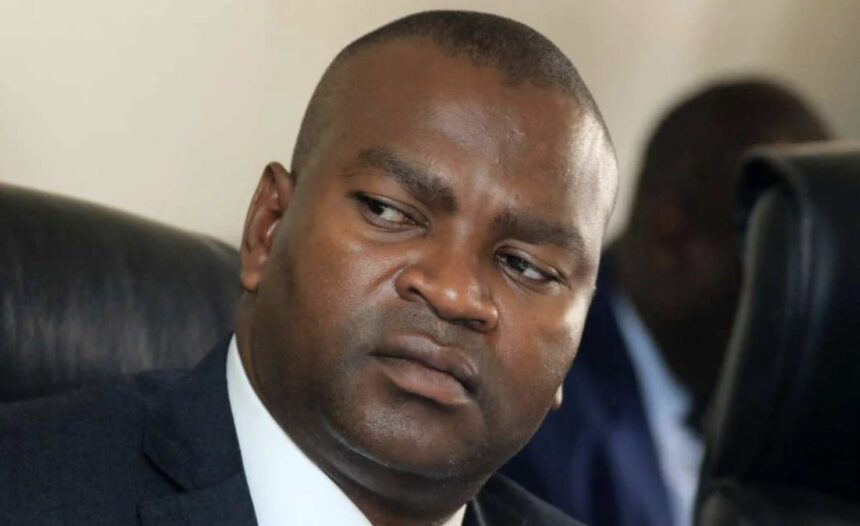Lawyer Danstan Omari has sounded the alarm regarding the declining health of Rashid Echesa, the chairman of the Kenyan Water Towers Agency, while he remains in police custody. Speaking at a press briefing alongside lawyer Cliff Ombeta and Kakamega senator Boni Khalwale, Omari expressed deep concern about Echesa’s worsening condition.
According to Omari, Echesa recently underwent a significant medical procedure. Despite their efforts to obtain official documents from various hospitals to secure Echesa’s release, they were unable to do so. Omari revealed that Echesa’s medical records indicated a severe condition, specifically acute pneumonia, which necessitated urgent medical attention.
“We looked for the documents, we contacted the first hospital where he was treated, Karen Hospital, and found out the details of his operation. He underwent a serious procedure, and he showed us the stitches and wounds he had while in police custody,” Omari explained.
Despite presenting this critical medical information, Echesa was taken to the Directorate of Criminal Investigations (DCI) headquarters for questioning. However, due to his rapidly deteriorating health, the interview could not proceed.
All is not well for Rashid Echesa
“Our client’s medical condition was rapidly deteriorating; he was struggling to breathe, sweating profusely, and the interview had to be halted. It is imperative that Echesa receives immediate medical attention, and we have requested that he be released so that his family can take him to the hospital,” Omari emphasized.
The lawyers raised concerns about accountability, highlighting that if Echesa’s health worsens or if any harm comes to him while in police custody, the responsible officers would be held liable.
Earlier reports indicated that Echesa was arrested on allegations of extorting Kakamega Governor Fernandes Barasa. Omari noted that they were investigating these claims, including suspicions of Echesa staging his own kidnapping and engaging in extortion activities.
As the situation unfolds, there is growing pressure for authorities to prioritize Echesa’s health and ensure that appropriate medical interventions are provided without further delay. The case underscores the importance of upholding detainees’ rights to adequate healthcare, especially in critical medical situations.














